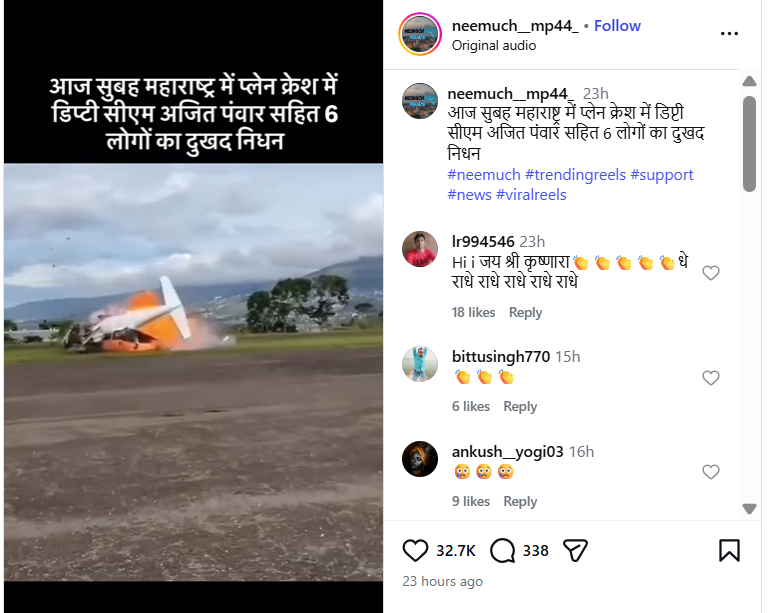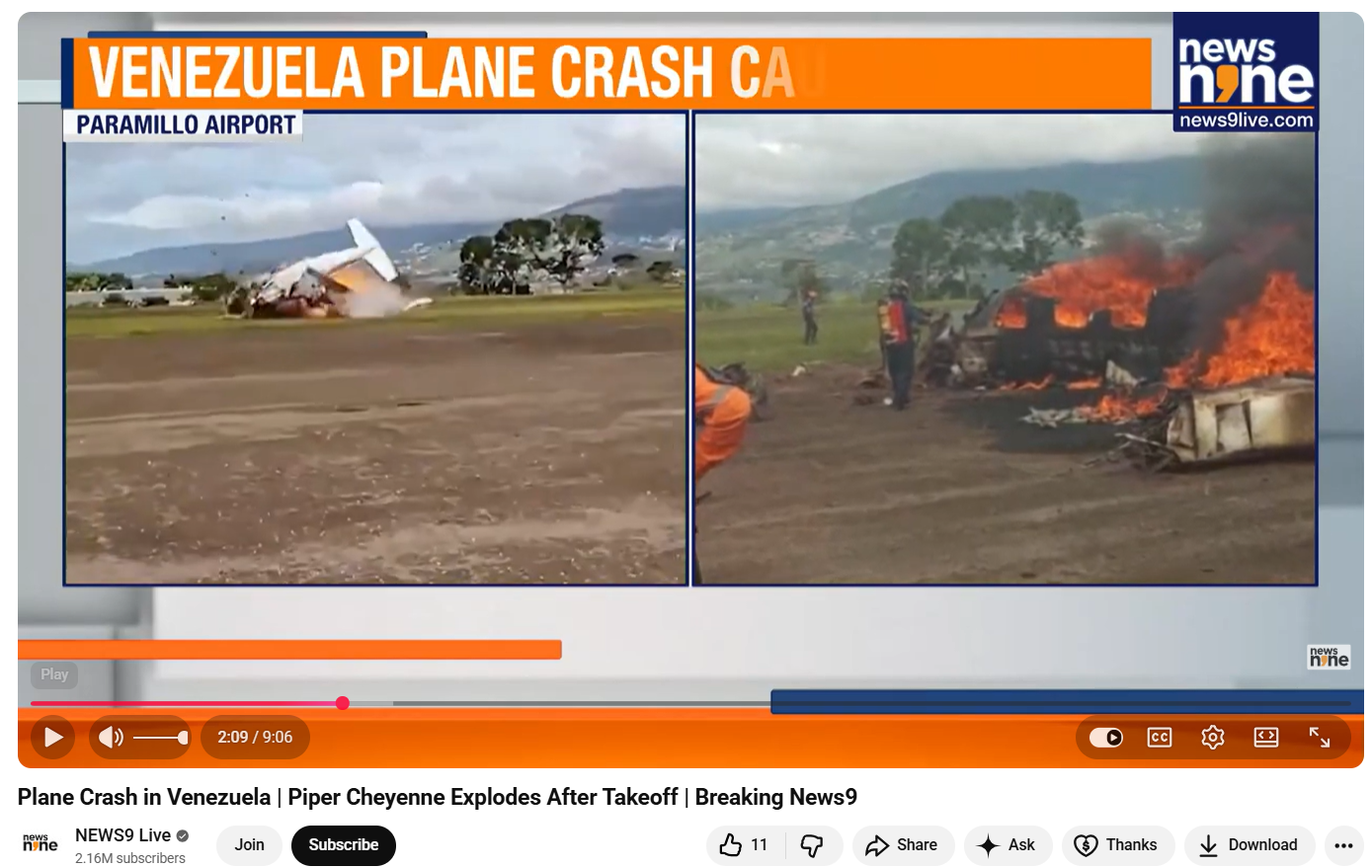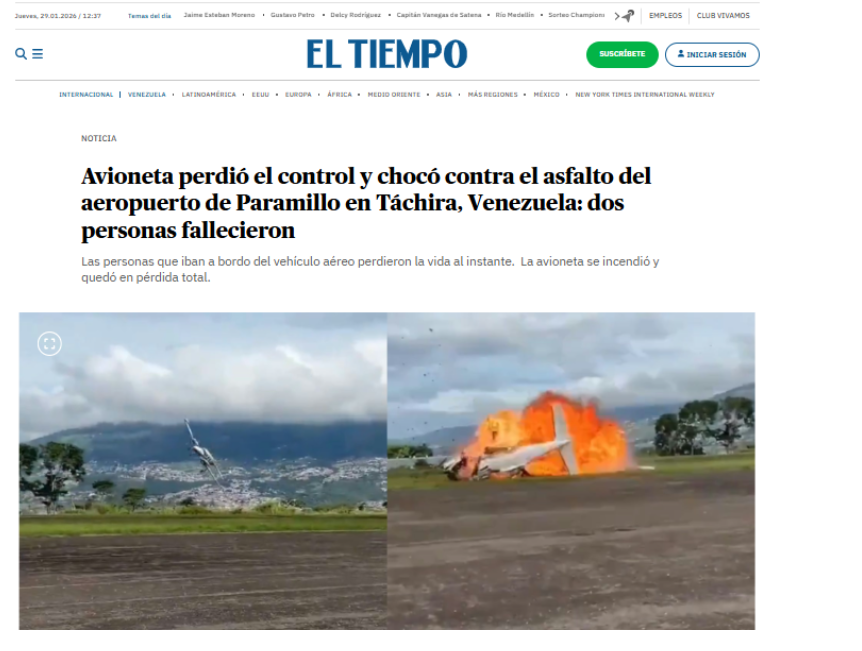Meta’s AI Copyright Win: What It Means for Fair Use Policy and India
In a recent ruling, a U.S. federal judge sided with Meta in a copyright lawsuit brought by a group of prominent authors who alleged that their works were illegally used to train Meta’s LLaMA language model. While this seems like a significant legal victory for the tech giant, it may not be so. Rather, this is a good case study for creators in the USA to refine their legal strategies and for policymakers worldwide to act quickly to shape the rules of engagement between AI and intellectual property.
The Case: Meta vs. Authors
In Kadrey v. Meta, the plaintiffs alleged that Meta trained its LLaMA models on pirated copies of their books, violating copyright law. However, U.S. District Judge Vince Chhabria ruled that the authors failed to prove two critical things: that their copyrighted works had been used in a way that harmed their market and that such use was not “transformative.” In fact, the judge ruled that converting text into numerical representations to train an AI was sufficiently transformative under the U.S. fair use doctrine. He also noted that the authors’ failure to demonstrate economic harm undermined their claims. Importantly, he clarified that this ruling does not mean that all AI training data usage is lawful, only that the plaintiffs didn’t make a strong enough case.
Meta even admitted that some data was sourced from pirate sites like LibGen, but the Judge still found that fair use could apply because the usage was transformative and non-exploitative.
A Tenuous Win
Chhabria’s decision emphasised that this is not a blanket endorsement of using copyrighted content in AI training. The judgment leaned heavily on the procedural weakness of the case and not necessarily on the inherent legality of Meta’s practices.
Policy experts are warning that U.S. courts are currently interpreting AI training as fair use in narrow cases, but the rulings may not set the strongest judicial precedent. The application of law could change with clearer evidence of commercial harm or a more direct use of content.
Moreover, the ruling does not address whether authors or publishers should have the right to opt out of AI model training, a concern that is gaining momentum globally.
Implications for India
The case highlights a glaring gap in India’s copyright regime: it is outdated. Since most AI companies are located in the U.S., courts have had the opportunity to examine copyright in the context of AI-generated content. India has yet to start. Recently, news agency ANI filed a case alleging copyright infringement against OpenAI for training on its copyrighted material. However, the case is only at an interim stage. The final outcome of the case will have a significant impact on the legality of these language models being able to use copyrighted material for training.
Considering that India aims to develop “state-of-the-art foundational AI models trained on Indian datasets” under the IndiaAI Mission, the lack of clear legal guidance on what constitutes fair dealing when using copyrighted material for AI training is a significant gap.
Thus, key points of consideration for policymakers include:
- Need for Fair Dealing Clarity: India’s fair-dealing provisions under the Copyright Act, 1957, are narrower than U.S. fair use. The doctrine may have to be reviewed to strike a balance between this law and the requirement of diverse datasets to develop foundational models rooted in Indian contexts. A parallel concern regarding data privacy also arises.
- Push for Opt-Out or Licensing Mechanisms: India should consider whether to introduce a framework that requires companies to license training data or provide an opt-out system for creators, especially given the volume of Indian content being scraped by global AI systems.
- Digital Public Infrastructure for AI: India’s policymakers could take this opportunity to invest in public datasets, especially in regional languages, that are both high quality and legally safe for AI training.
- Protecting Local Creators: India needs to ensure that its authors, filmmakers, educators and journalists are protected from having their work repurposed without compensation, since power asymmetries between Big Tech and local creators can lead to exploitation of the latter.
Conclusion
The ruling in Meta’s favour is just one win for the developer. The real questions about consent, compensation and creative control remain unanswered. Meanwhile, the lesson for India is urgent: it needs AI policies that balance innovation with creator rights and provide legal certainty and ethical safeguards as it accelerates its AI ecosystem. Further, as global tech firms race ahead, India must not remain a passive data source; it must set the terms of its digital future. This will help the country move a step closer to achieving its goal of building sovereign AI capacity and becoming a hub for digital innovation.
References
- https://www.theguardian.com/technology/2025/jun/26/meta-wins-ai-copyright-lawsuit-as-us-judge-rules-against-authors
- https://www.wired.com/story/meta-scores-victory-ai-copyright-case/
- https://www.cnbc.com/2025/06/25/meta-llama-ai-copyright-ruling.html
- https://www.mondaq.com/india/copyright/1348352/what-is-fair-use-of-copyright-doctrine
- https://www.pib.gov.in/PressReleasePage.aspx?PRID=2113095#:~:text=One%20of%20the%20key%20pillars,models%20trained%20on%20Indian%20datasets.
- https://www.ndtvprofit.com/law-and-policy/ani-vs-openai-delhi-high-court-seeks-responses-on-copyright-infringement-charges-against-chatgpt














